A Beginner’s Guide to Classical Literature
February 5, 2023
Literature is an incredibly significant part of history; it has altered and influenced people, cultures and our world at large. Appreciating and learning to enjoy classical literature, although sometimes boring and outdating, is a very rewarding experience that can increase a person’s reading comprehension, vocabulary, empathy and according to Patrick Henry College, can allow an individual to better understand the lives and views of people that they will never be able to meet, or to visit times that they will never experience.
Ranging from the ancient works of Homer and Virgil, to “classic-status” contemporary writers such as Murakami and Ishiguro, the term “classic literature” looks different to each person, and there is definitely a fit for everyone. It doesn’t necessarily mean an old novel, but instead, it can refer to a book that has made a meaningful contribution to society. In the words of the author, Italo Calvino, “a classic is a book that has never finished saying what it has to say.”
Tips for reading classic literature
1. You don’t have to understand the older language to enjoy the story.
A common misconception regarding classical literature is that only “intelligent” people can comprehend and enjoy older texts. However, this is far from the truth; it just takes time to find what suits a person’s reading tastes and to become comfortable with the change of structure and writing. Although it may seem difficult or confusing at first, with time and patience, reading older novels will become much easier and more enjoyable.
2. Read what interests you.
The wonderful thing about contemporary novels is that they all take inspiration from classical texts, so a person can easily find some classic authors that suit their reading tastes by looking into genres, topics and themes that they already love to read about!
3. Find your reading community!
Because reading classics has a built-up stigma of pretentiousness and exclusivity, it can feel daunting to start. However, discussing a novel together with a friend, taking notes and annotating or finding a physical club or online community of book enthusiasts can make reading experiences easier and more fun.
4. Don’t be afraid to put a book down (and revisit it in the future, or not!).
In my opinion (and according to Quartz), this is one of the most important tips for all readers: not feeling required to finish novels! This can lead to unmotivated sentiments toward reading and can deter someone from finding what interests them. It could be that the novel you are currently reading is boring you because you aren’t in the proper mood or headspace for that particular text, so put it aside for now, and move on to the next great read. Reading is a very personal activity, so there should be no judgment about what you like or dislike.
Recommendations
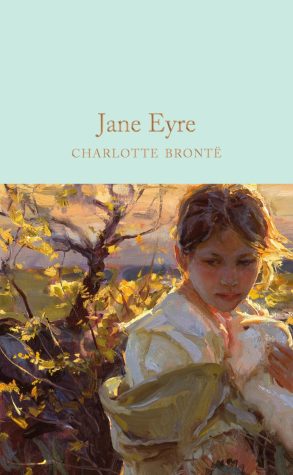
Jane Eyre – Charlotte Brontë
“I am no bird; and no net ensnares me: I am a free human being with an independent will.”
This novel, like Pride and Prejudice, is accessible, atmospheric and contains one of the most courageous and memorable heroines in literature! The novel’s gloominess and enduring love story also come together to create an entertaining and lovely read! Moreover, the novel’s many film and media adaptations make the story even more approachable and easy to understand.
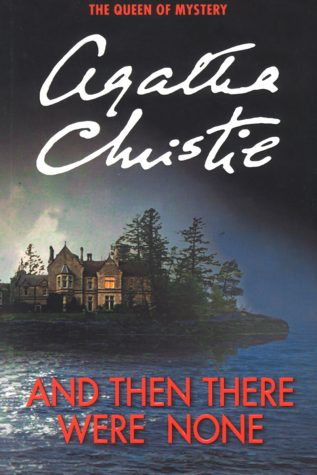
And Then There Were None – Agatha Christie
“In the midst of life, we are in death.”
Moving onto 20th-century publications, And Then There Were None is a perfect “beginner” novel, as it follows a page-turning murder mystery, and is one of the best-known “whodunit” mysteries. The range of characters is fascinating to read about, and it will keep readers on the edge of their seats, guessing and predicting until the end!
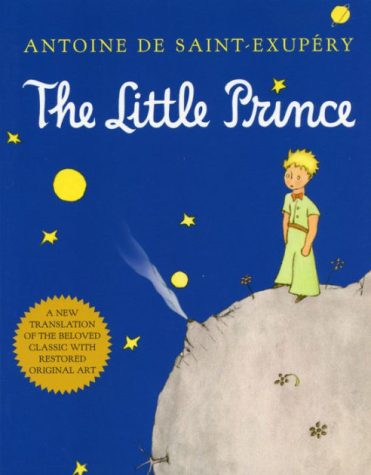
The Little Prince – Antoine de Saint-Exupéry
“It is only with the heart that one can see rightly: what is essential is invisible to the eye.”
This charming and whimsical story is incredible, for both children and adults. Regarded as a must-read for all, The Little Prince is at its core, a philosophical book about love,
youth, loneliness and friendship. It is short, modern, easy to understand and it is a wonderful novel that readers will find themselves returning back to time and time again.
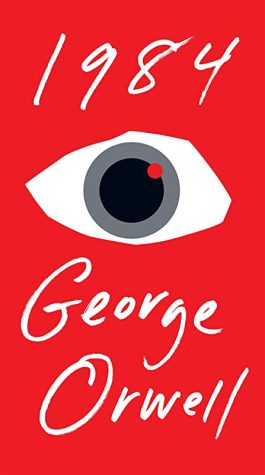
1984 – George Orwell
“It was a bright cold day in April, and the clocks were striking thirteen.”
A great pick for dystopian and science fiction lovers, Orwell’s 1984 is a captivating tale surrounding themes like totalitarianism and censorship, making for a more serious and heavy read. Not only is it quite accessible, but it is also very relevant, making it a fascinating read in our modern times.










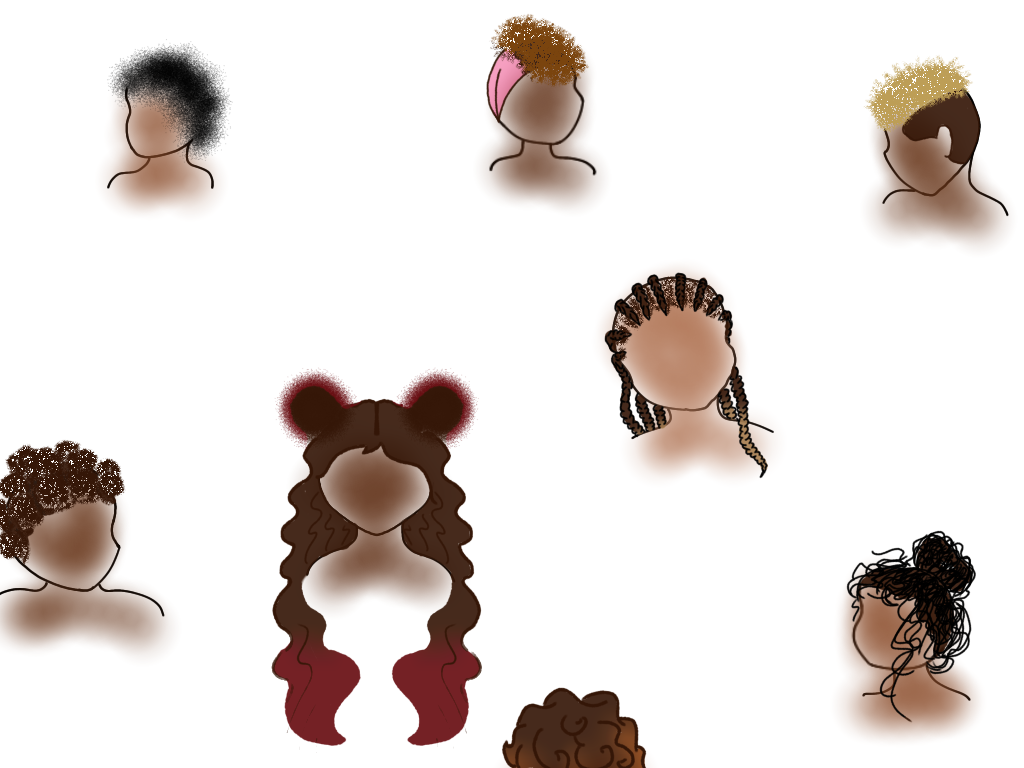








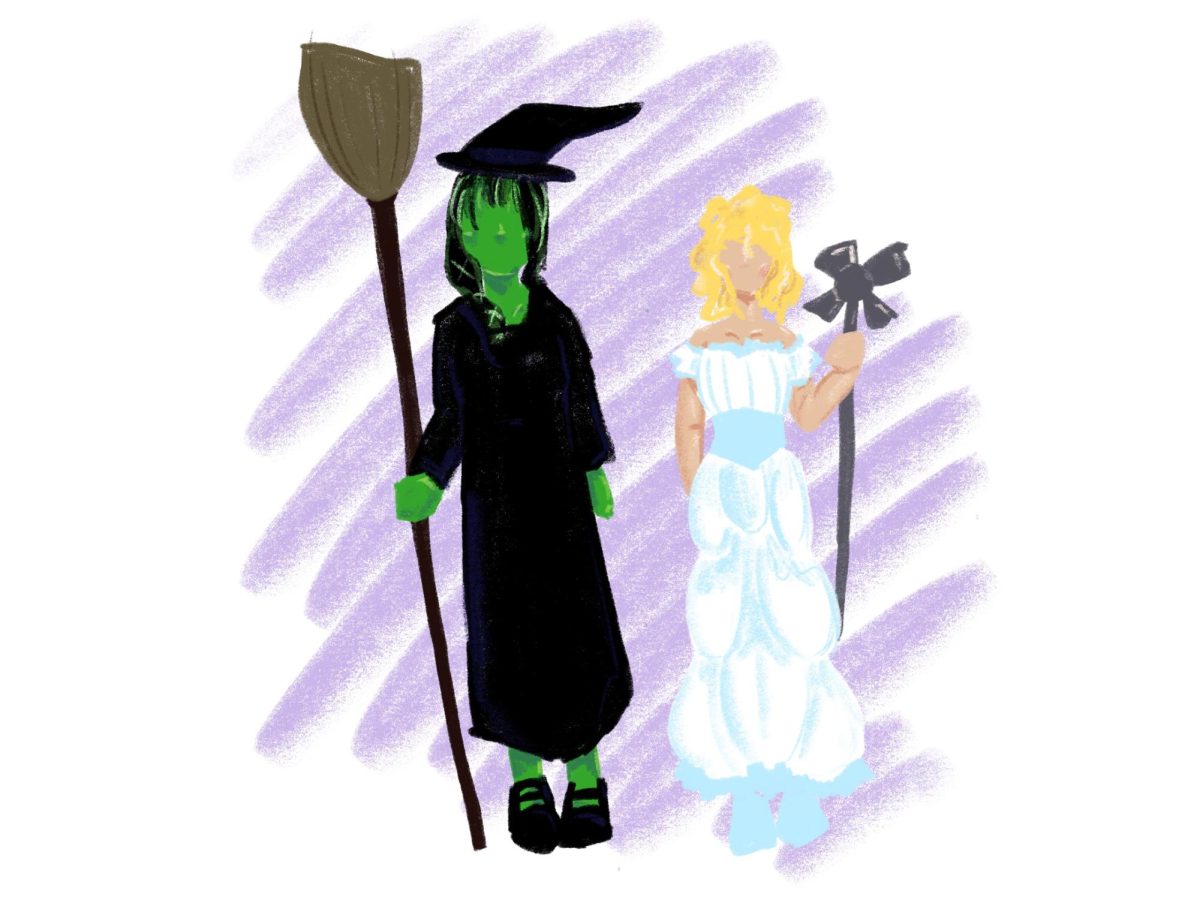


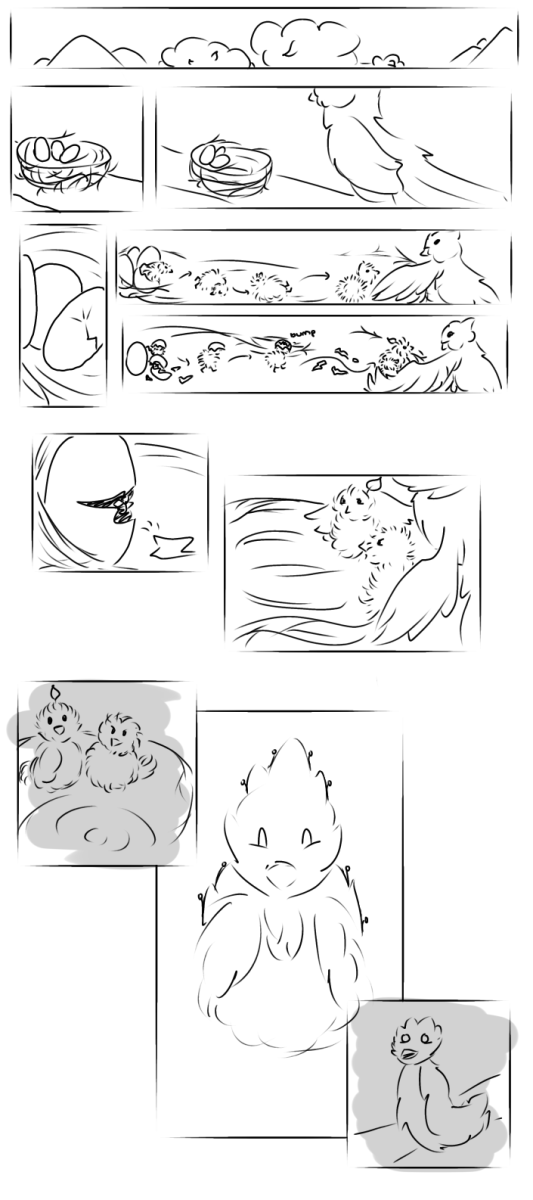
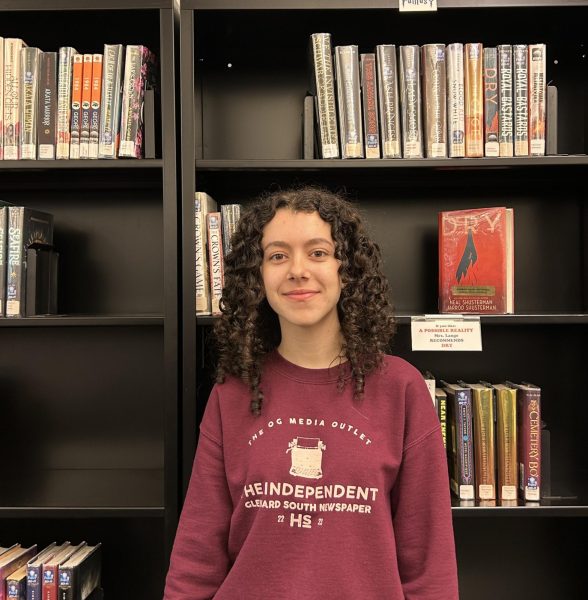
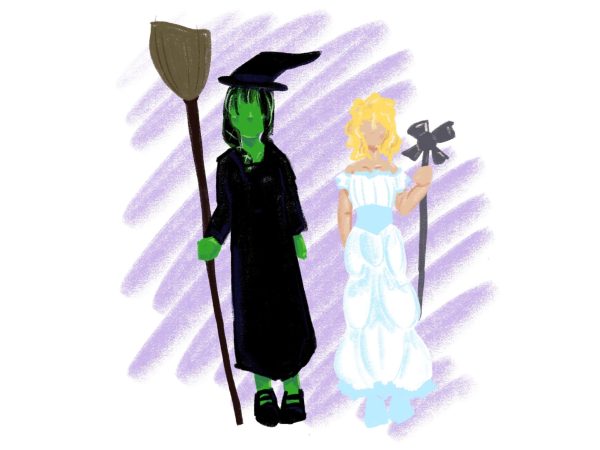





Emily Puchalski • Feb 9, 2023 at 1:14 pm
I will have to add these to my “to be read” 🙂 Awesome writing!!!
Isha • Feb 5, 2023 at 2:12 pm
Amazing article ??